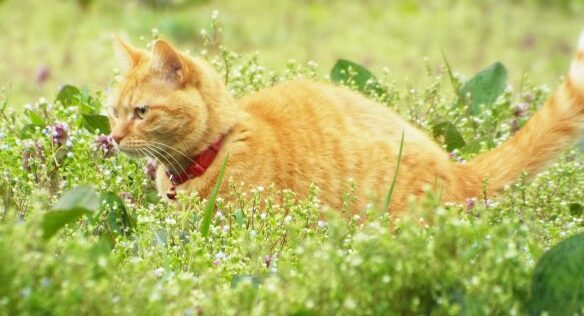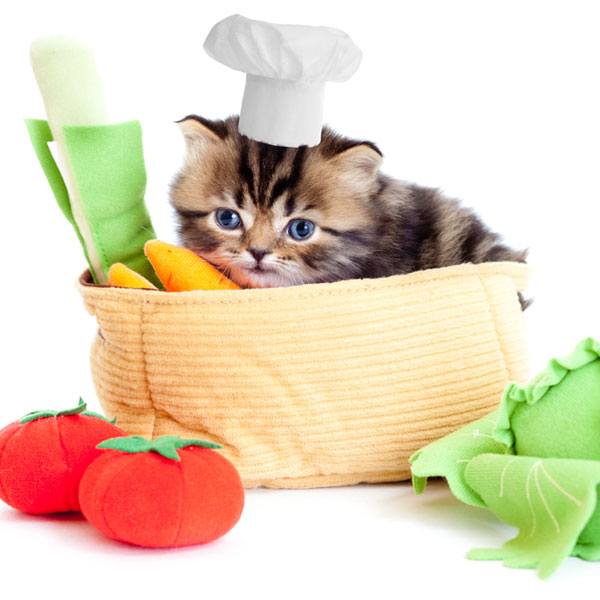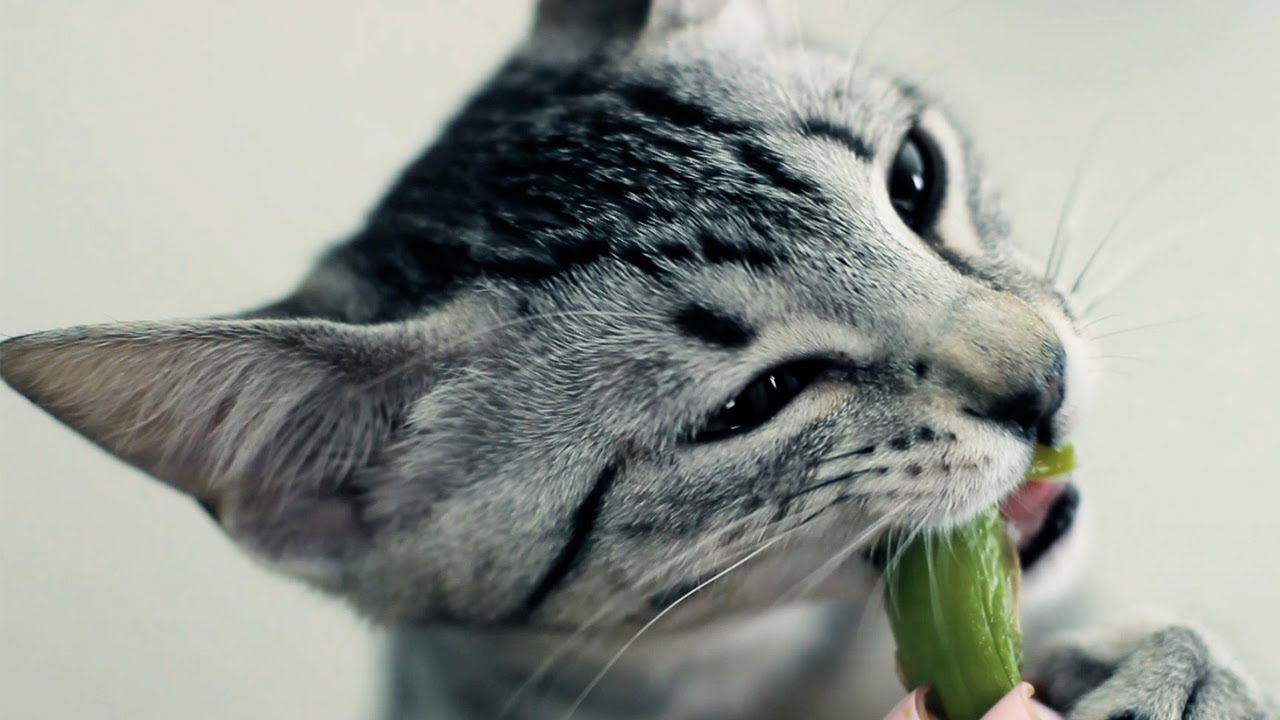Introduction
Cats, our beloved feline companions, often spark curiosity about what they can and cannot eat. As responsible pet owners, it’s crucial to be aware of their dietary needs. This article aims to explore can cats eat artichokes or asparagus. Let’s delve into the world of feline nutrition and find out if these vegetables make a suitable addition to your cat’s menu.

Understanding Cat Diets
Ensuring that cats receive a balanced and species-appropriate diet is vital for their overall health. While there’s a plethora of cat food options available, some pet owners wonder about introducing human foods to their furry friends.
Artichokes: Safe or Not?
Artichokes, known for their unique taste and nutritional benefits for humans, raise questions about their compatibility with feline diets. We’ll examine the nutritional content of artichokes and weigh the potential benefits against any associated risks for our feline friends.

Asparagus: Friend or Foe for Felines?
Asparagus, a vegetable celebrated for its health benefits, comes under scrutiny when it comes to cats. We’ll explore the nutritional value of asparagus and evaluate whether it can be a friend or a foe in a cat’s diet.
Cats and Vegetables
Considering cats’ natural carnivorous tendencies, we’ll discuss the role of vegetables in their diet. Are there vegetables that are generally safe for cats, and how should they be incorporated into their meals?

Precautions and Moderation
Feeding human foods to cats requires caution and moderation. We’ll highlight the importance of introducing new foods slowly and share specific precautions to take when offering cats a taste of the culinary world.
Recognizing signs of allergies or discomfort in cats is crucial. We’ll provide insights into common indicators and guidance on what to do if your cat shows adverse reactions to a new food.
Introducing New Foods Gradually
The gradual introduction of new foods is key to a smooth transition in a cat’s diet. We’ll explore the step-by-step process and offer tips on observing your cat’s response to changes in its culinary routine.
The Role of Veterinarians
Consulting with veterinarians for dietary advice is always recommended. We’ll emphasize the importance of seeking professional guidance to ensure your cat’s nutritional needs are met.
Alternative Healthy Treats for Cats
If artichokes and asparagus are off the menu, what are some alternative healthy treats for cats? We’ll provide a list of cat-friendly options to add variety to their diet.
Personal Experiences
Cat owners often share their experiences with feeding unique foods to their pets. We’ll include anecdotes and diverse perspectives on cats’ reactions to artichokes or asparagus.
Cat Preferences and Individual Differences
Just like humans, cats have individual preferences. We’ll discuss how understanding your cat’s tastes can help tailor their diet to meet their unique likes and dislikes.
Can Cats Eat Artichokes or Asparagus?
Summing up our exploration, we’ll provide a clear answer to the question. Can cats safely consume artichokes or asparagus? The conclusion will be supported by the key points discussed throughout the article.
Conclusion
In conclusion, the key takeaway is the importance of understanding your cat’s dietary needs and can cats eat artichokes or asparagus. Responsible pet ownership involves making informed choices to ensure the well-being of our feline companions. Whether it’s about artichokes, asparagus, or any other food item, a balanced and thoughtful approach to their diet is paramount.
FAQS
- Chocolate: Chocolate contains theobromine, a substance that cats cannot metabolize effectively. Ingesting even small amounts can lead to severe health issues, including heart problems and seizures.
- Onions and Garlic: Allium plants, such as onions and garlic, can cause damage to a cat’s red blood cells, leading to anemia. Avoid any foods seasoned with these ingredients, as they can be highly toxic.
- Caffeine: Caffeine is a stimulant that can be dangerous for cats. It can cause restlessness, rapid breathing, heart palpitations, and, in severe cases, can be fatal. Keep all caffeinated products, including coffee and tea, away from feline companions.